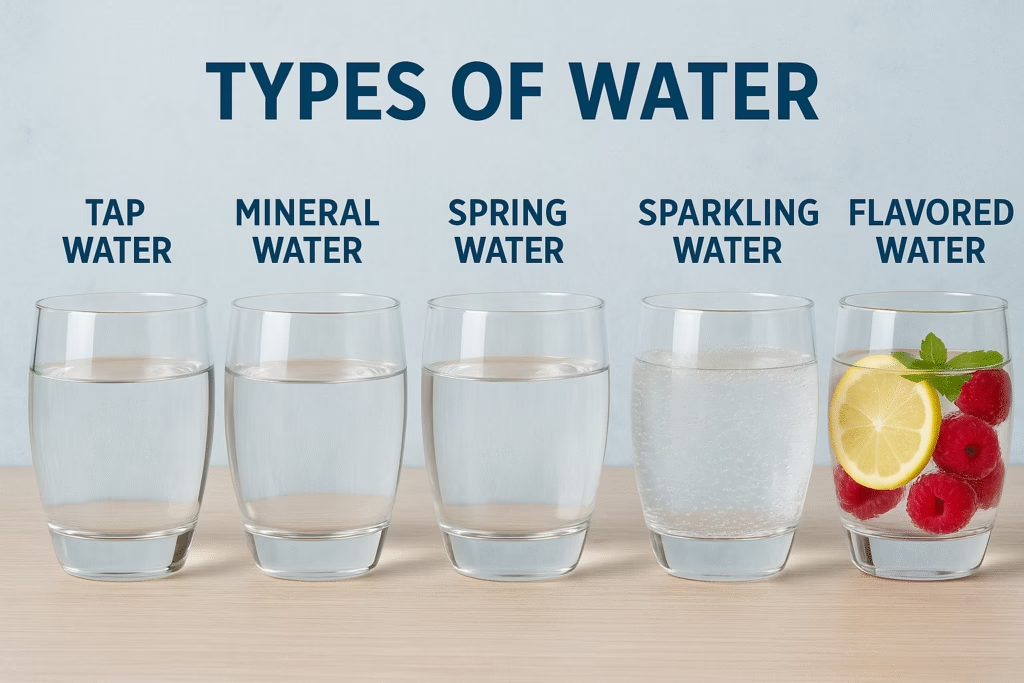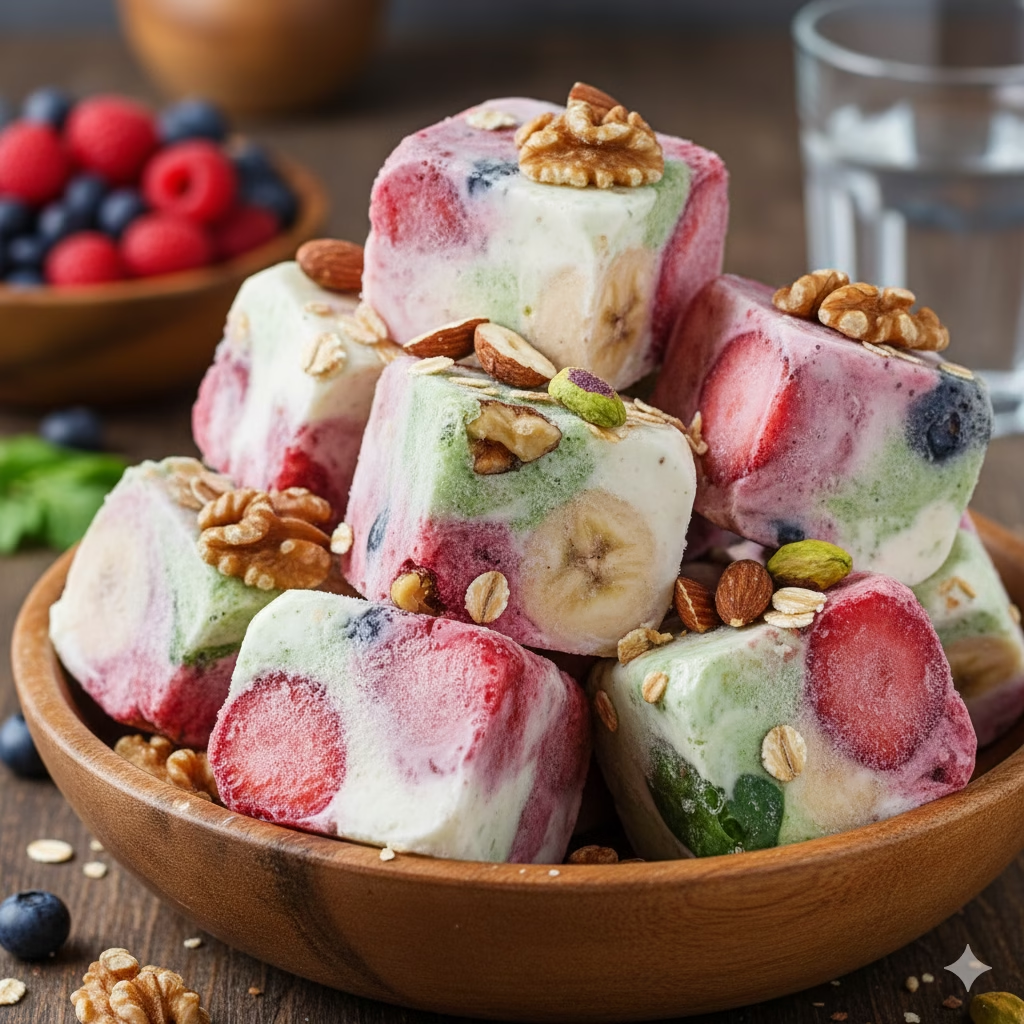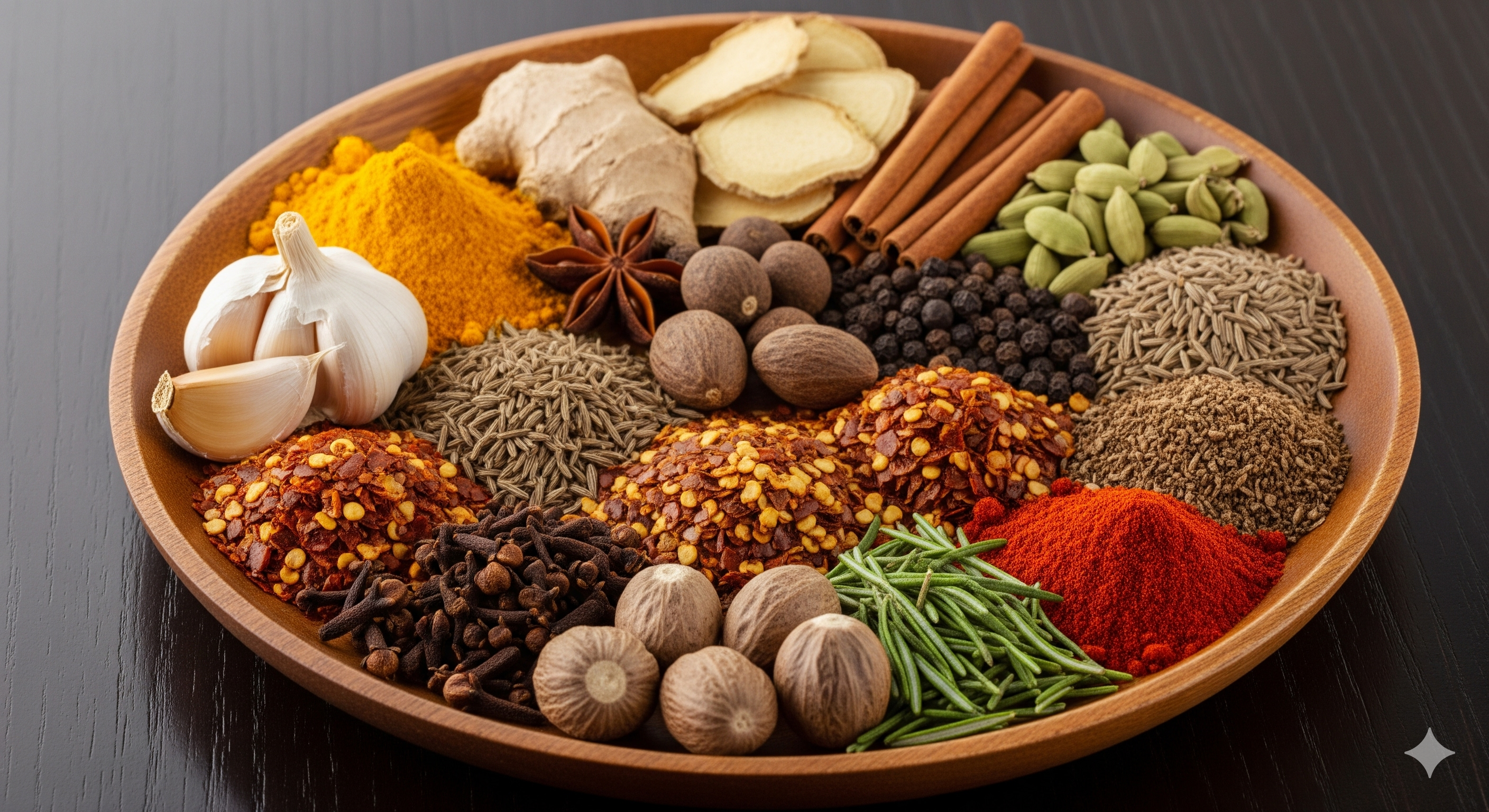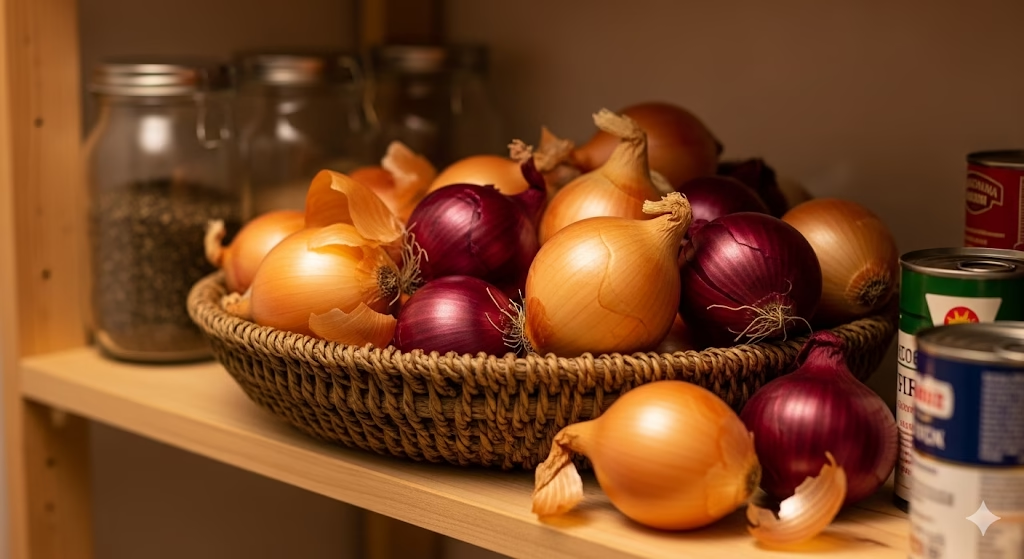
Whether you’re a seasoned chef or a home cook, onions are an essential part of nearly every cuisine. This guide will take a deep dive into the world of onions, exploring their nutritional value, health benefits, and how you can incorporate them into your daily cooking. From their pungent aroma to their sweet, caramelized flavor, these are more than just a simple vegetable—they’re a powerhouse of flavor and nutrients.
The Versatility of Onions
Onions, with their distinct layers and pungent aroma, are a fundamental ingredient in kitchens around the globe. They serve as the aromatic base for countless dishes, from hearty stews and savory sauces to light salads and stir-fries. Beyond their ability to add depth and flavor, these humble bulbs are packed with a surprising array of nutrients that can support your overall well-being.
Many of us simply see these as a culinary necessity, something we chop, sauté, and add to a dish without much thought. Yet, their role extends far beyond being just a simple flavor enhancer. The compounds responsible for that tear-jerking effect are also the ones that provide significant health benefits, making onions a true superfood in disguise.
Unlocking the Power of Different Onions
From the sharp bite of a raw red onion on a burger to the sweet, mellow flavor of caramelized yellow onions, each type of onion offers a unique culinary experience. Understanding these differences can help you choose the right onion for the right recipe, unlocking a world of new flavors.
This article will not only cover the nutritional facts and health benefits of onions but also provide a simple, healthy, and delicious recipe that highlights their natural goodness. We’ll explore why they are so good for you, from their antioxidant properties to their potential to support heart health.
So, get ready to peel back the layers and discover everything you need to know about this incredible vegetable. We’ll show you how to prepare and cook them in a way that maximizes both flavor and health, proving that good food can also be good for you.
Onions: A Healthy and Delicious Recipe
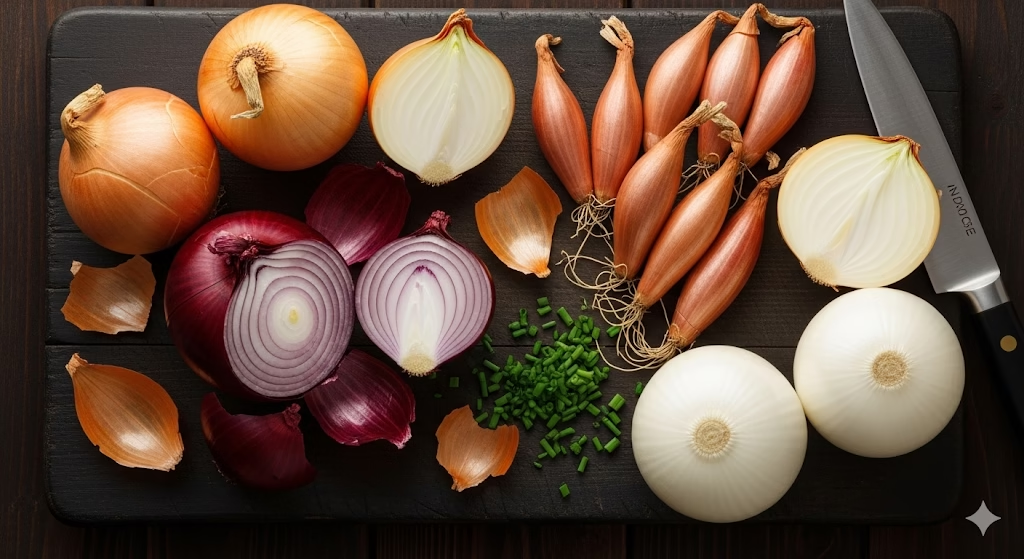
Servings: 4
Equipment
- Large skillet or frying pan
- Spatula or wooden spoon
- Cutting board
- Sharp knife
Time to Prepare
- Prep Time: 15 minutes
Time to Cook/Blend
- Cook Time: 25 minutes
Nutritional Profile
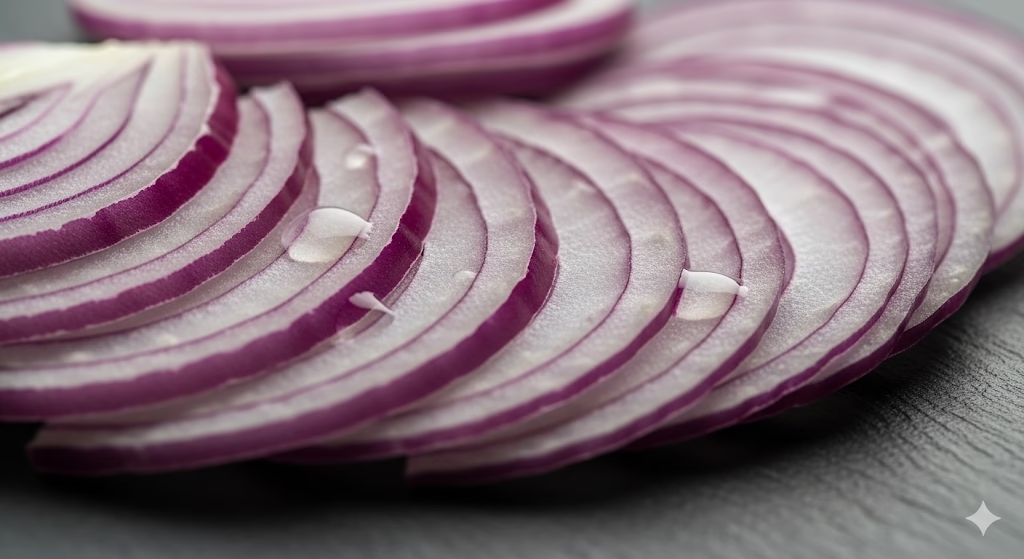
Per serving (approximate):
- Calories: 150 kcal
- Protein: 4g
- Fat: 9g
- Carbohydrates: 14g
- Fiber: 4g
- Sugar: 8g
- Vitamin C: 15% Daily Value
- Vitamin B6: 10% Daily Value
- Manganese: 8% Daily Value
- Potassium: 6% Daily Value
Ingredients
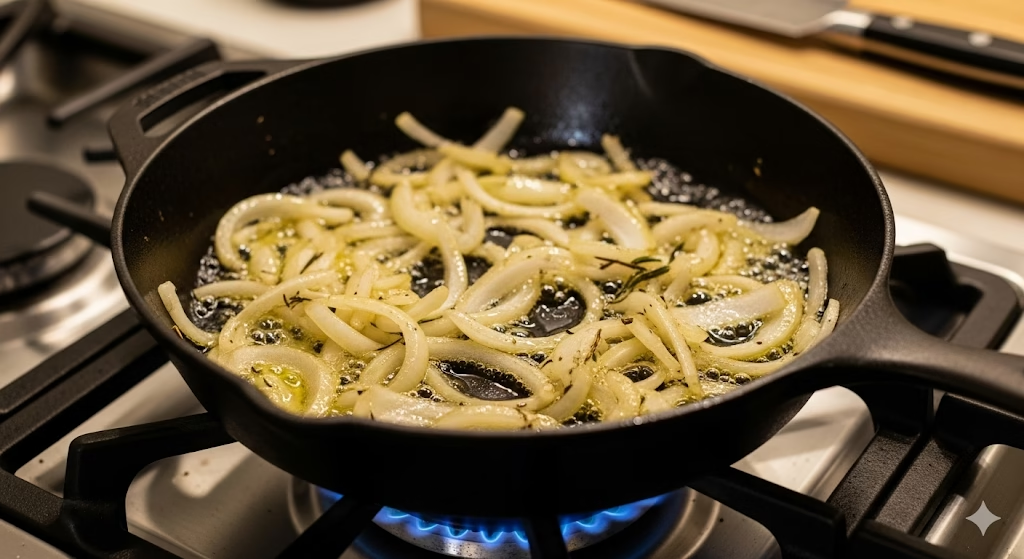
- 3 medium yellow onions, thinly sliced
- 2 tablespoons olive oil
- 1 teaspoon dried thyme
- 4 cups low-sodium vegetable or chicken broth
- 1 baguette, sliced into 1-inch thick pieces
- 4 ounces Gruyère cheese, grated (or a non-dairy alternative)
- Salt and black pepper to taste
Instructions: Caramelized Onion Soup

Preparation: Start by peeling the onions. Place them on a cutting board and slice off the top stem and the root end. Cut the onion in half from top to bottom. Place the flat side down and carefully slice the onion into thin, crescent-shaped strips. Repeat this for all three onions.
Sauté the Onions: Heat the olive oil in a large skillet or frying pan over medium-low heat. Add the sliced onions to the pan. This is the most crucial step, as it develops the rich, sweet flavor. Cook them slowly, stirring occasionally, for about 20-25 minutes. They will gradually soften, turn golden brown, and become incredibly sweet. This process requires patience—don’t rush it by turning up the heat, or they will burn instead of caramelize.
Add Flavor: Once the onions are a deep golden brown, sprinkle in the dried thyme, salt, and black pepper. Stir to combine and cook for another minute until the herbs are fragrant.

Simmer the Soup: Pour the vegetable or chicken broth into the skillet with the caramelized onions. Stir well, scraping up any delicious browned bits from the bottom of the pan. Bring the mixture to a gentle boil, then reduce the heat to low, cover, and let it simmer for 10 minutes to allow the flavors to meld together.
Prepare the Toast: While the soup is simmering, toast the baguette slices. You can do this in a toaster, a dry skillet, or under the broiler for a couple of minutes until golden and crisp.
Serving: Ladle the hot soup into four oven-safe bowls. Top each bowl with a toasted baguette slice and a generous sprinkle of grated Gruyère cheese.
Broil: Place the bowls on a baking sheet and carefully transfer them to the oven. Broil on high for 2-3 minutes, or until the cheese is melted, bubbly, and a beautiful golden brown. Be sure to watch them closely to prevent burning. Serve immediately.
Alternative Cooking Methods
- Slow Cooker Method: If you have a slow cooker, you can caramelize the onions on the “low” setting for 4-6 hours. This is a hands-off method that still produces wonderfully sweet and tender onions. Follow the same steps as above, simply transferring the ingredients to the slow cooker after the initial sauté in olive oil.
- Instant Pot Method: The Instant Pot can significantly reduce the cooking time. Use the “Sauté” function to caramelize the onions for about 10-15 minutes. Then, add the broth and other ingredients, seal the lid, and cook on “Pressure Cook” for 5 minutes. The high pressure quickly melds the flavors together.
Onions: Health Benefits You Shouldn’t Ignore
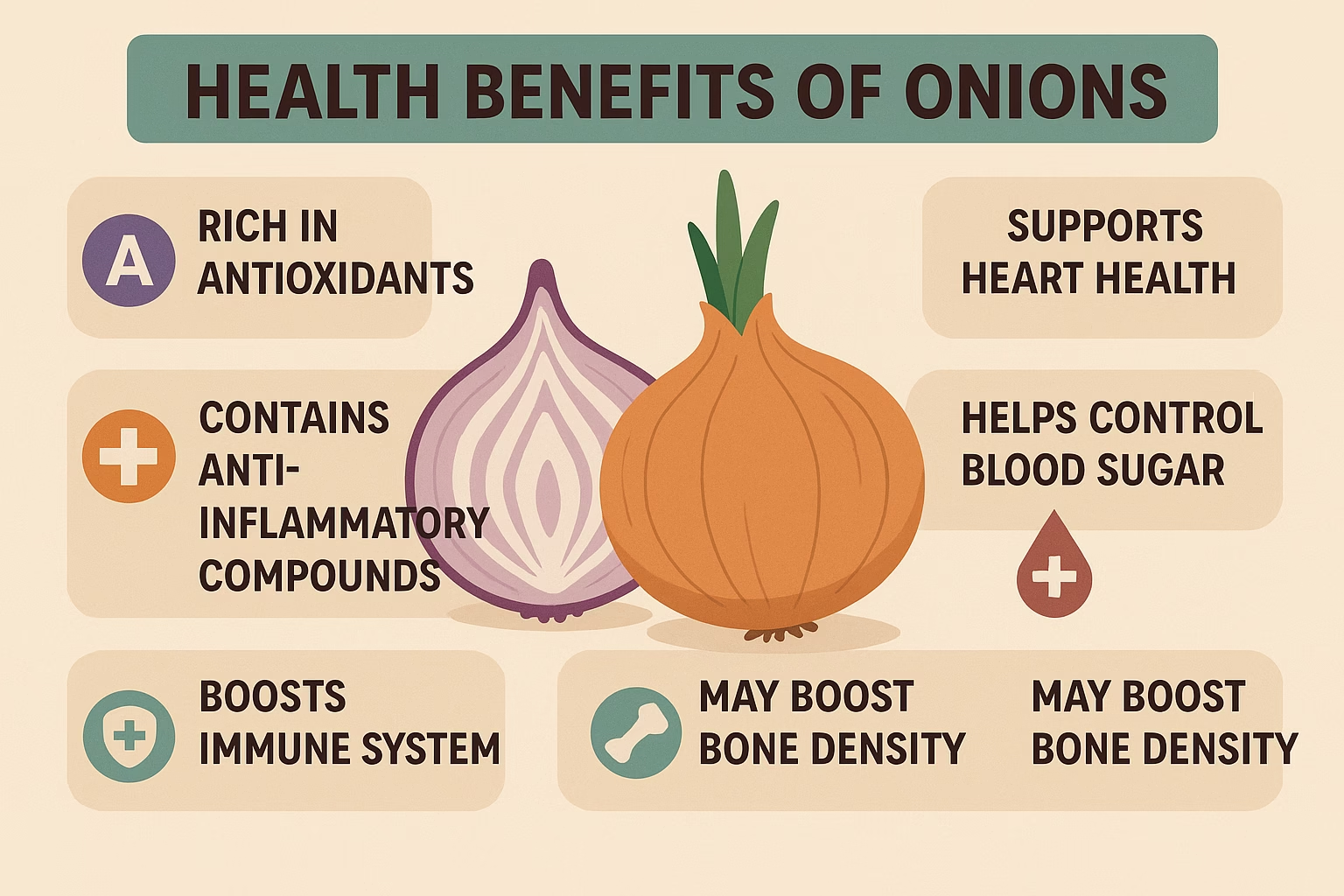
Onions are more than just a tasty addition to your meals; they are packed with health-promoting compounds. Here’s a closer look at some of the key benefits.
Rich in Antioxidants
They are an excellent source of antioxidants, particularly flavonoids like quercetin. These compounds help fight inflammation and protect your cells from damage caused by free radicals, which can contribute to chronic diseases. Quercetin, in particular, has been studied for its potential anti-inflammatory and anti-cancer properties.
Supports Heart Health
The sulfur compounds in onions, such as allicin and diallyl disulfide, are known to help reduce cholesterol and triglyceride levels. They can also help lower blood pressure and prevent blood clots, all of which contribute to a healthier cardiovascular system.
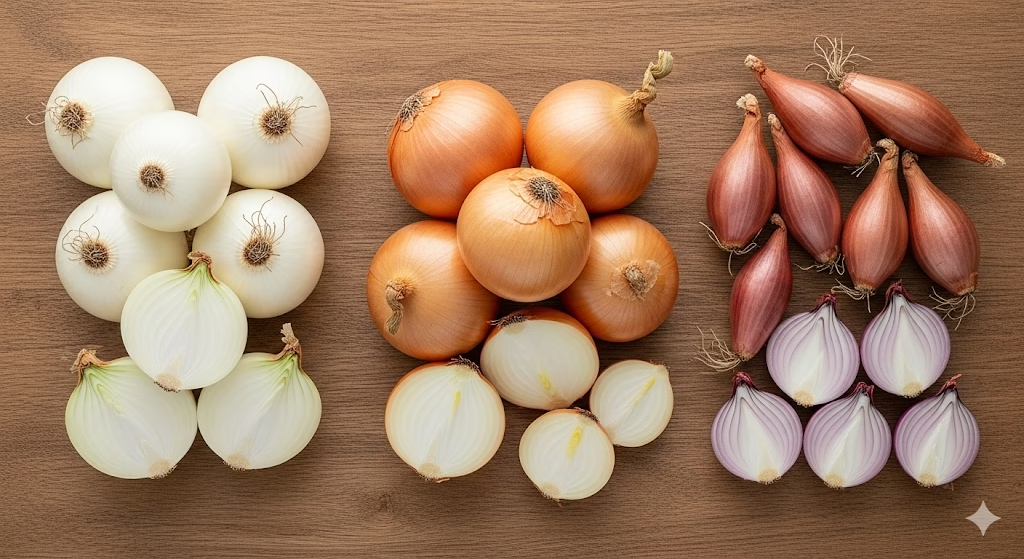
Boosts Bone Density
Emerging research suggests that regular consumption may help improve bone density. The high concentration of sulfur compounds and other antioxidants found in onions could help reduce oxidative stress, which is a factor in bone loss, particularly in women going through menopause.
A Natural Source of Prebiotics
Onions contain prebiotics like fructans and inulin, which act as food for the beneficial bacteria in your gut. A healthy gut microbiome is linked to improved digestion, better immune function, and even mental well-being.
Onions: Common Culinary Variations
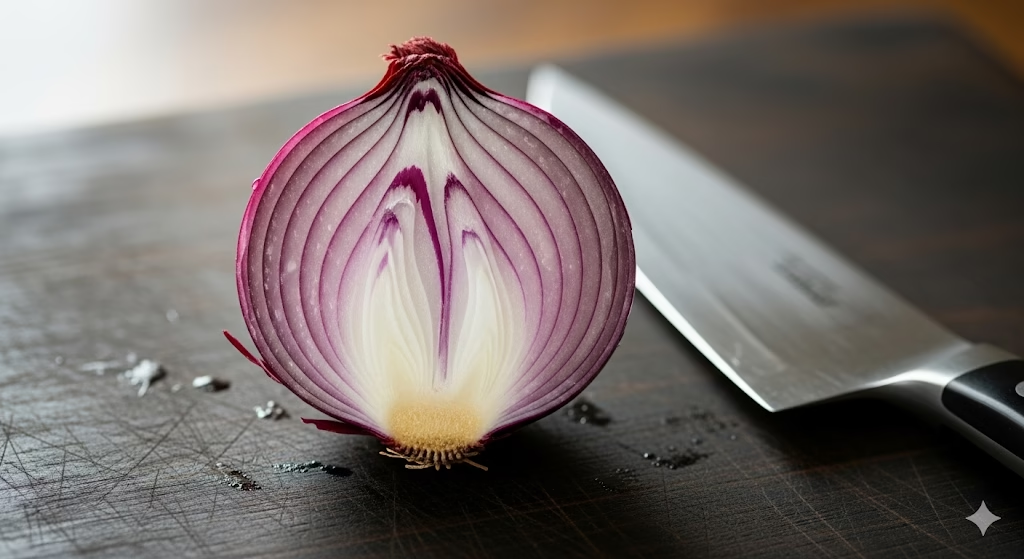
| Onion Type | Best for… | Flavor Profile |
| Yellow | Caramelizing, sautéing, soups, stews, and roasts | Pungent when raw, becomes sweet and mild when cooked |
| Red | Salads, sandwiches, pickling, and grilling | Mild and slightly sweet with a beautiful vibrant color; great raw |
| White | Mexican cuisine, salsas, dips, and frying | Sharp and pungent flavor; a go-to for a strong onion taste |
| Shallots | Dressings, sauces, and delicate dishes | Milder and sweeter than other onions, with a hint of garlic |
| Sweet Onions (Vidalia, Walla Walla) | Raw on burgers, onion rings, and baked dishes | Very low sulfur content, making them exceptionally mild and sweet |

What are the Potential Drawbacks of Eating Onions?
While onions are incredibly healthy for most people, they do have a few potential drawbacks. For some individuals, the fructans can be difficult to digest, leading to gas, bloating, and other digestive discomforts. This is particularly true for those with Irritable Bowel Syndrome (IBS) or other sensitive digestive systems.
Another common side effect is heartburn or acid reflux, especially when consuming them raw. The strong sulfur compounds can sometimes trigger or worsen these symptoms. As with any food, moderation and listening to your body are key.
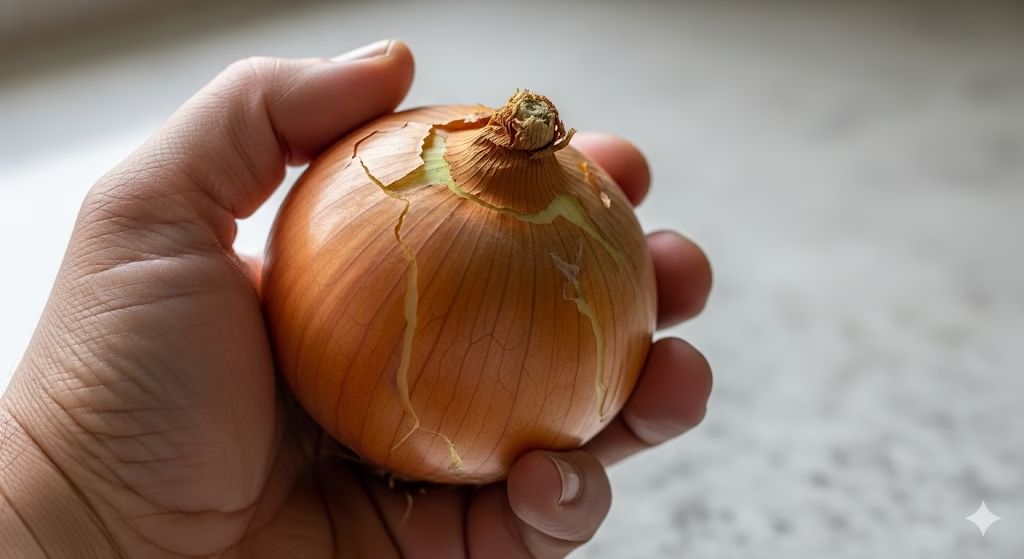
Final Thoughts on Onions
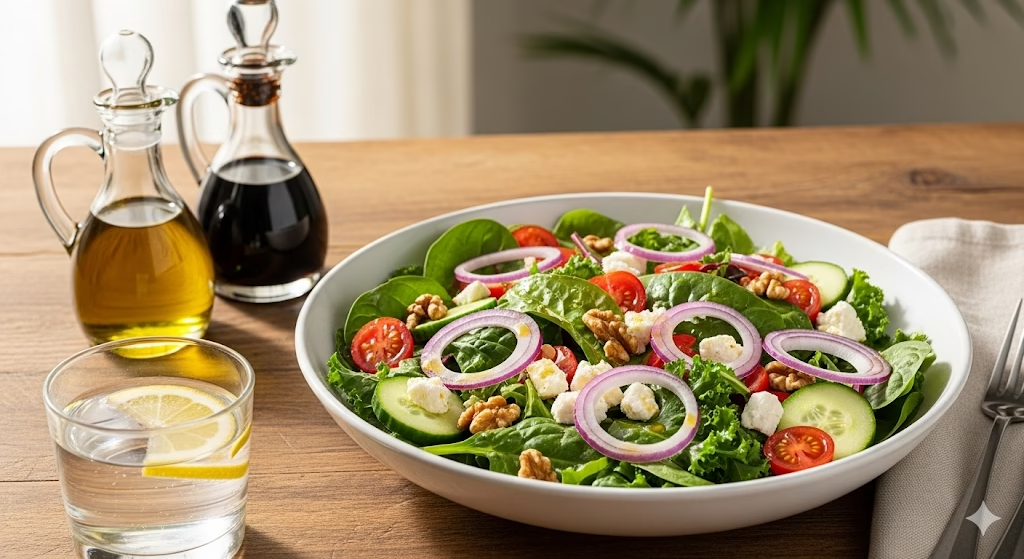
Whether you’re looking to boost the flavor of your favorite dishes or add more nutrient-dense foods to your diet, onions are a perfect choice. From the humble yellow ones in your pantry to the sweet red onion in your salad, this versatile vegetable offers an incredible range of culinary possibilities and impressive health benefits. By incorporating more onions into your cooking, you’re not only adding flavor but also supporting your overall health in a simple and delicious way. So, next time you’re in the kitchen, don’t forget to peel back the layers of this incredible superfood.
Frequently Asked Questions (FAQs)
Q: Do onions lose their health benefits when cooked?
A: While cooking can reduce some of the water-soluble vitamins like Vitamin C, the beneficial antioxidant compounds, such as quercetin, are surprisingly stable and may even become more bioavailable when cooked. Caramelizing, in particular, enhances the sweetness and flavor without significantly compromising the key health benefits.
Q: What’s the best way to store onions to keep them fresh?
A: Onions should be stored in a cool, dry, and dark place with good air circulation. A pantry or cellar is ideal. Avoid storing them in plastic bags, as this traps moisture and can lead to spoilage. Also, keep them away from potatoes, as both release gases that can cause the other to spoil faster.
References
- Healthline – Benefits of Onions
- clevelandclinic – Stop the Tears: Why Onions Are Good for You
- Onions-USA – Onion Health Research
Recent Posts
